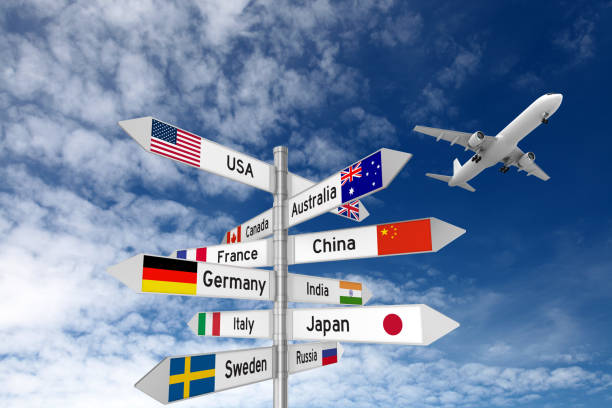It encompasses a wide array of experiences, from visiting iconic landmarks to immersing oneself in local traditions and natural wonders. As we delve into the world of tourism, we uncover the diverse landscapes, unique attractions, and the impact of this industry on both travelers and destinations.
Global Tourism Landscape
Tourism is a truly global phenomenon, with billions of people traveling each year for leisure, business, or other purposes. According to the World Tourism Organization (UNWTO), international tourist arrivals surpassed 1.4 billion in 2019, demonstrating the immense scale of this industry. Popular destinations like France, Spain, the United States, China, and Italy consistently attract large numbers of visitors, drawn by their rich history, cultural heritage, and natural beauty.
Beyond these well-known spots, emerging destinations are gaining traction, offering travelers new experiences and insights. Countries in Southeast Asia, Africa, and South America are increasingly becoming hotspots for adventure seekers and cultural enthusiasts seeking authentic and off-the-beaten-path experiences.
Types of Tourism
Tourism can be categorized into various types, each catering to different interests and motivations:
Cultural Tourism: This involves exploring historical sites, museums, and cultural events to gain insights into a destination's heritage and traditions.
Adventure Tourism: Activities such as hiking, skiing, and diving attract thrill-seekers looking to explore nature's wonders.
Ecotourism: Focused on sustainable travel, ecotourism promotes conservation efforts and responsible interactions with the environment.
Medical Tourism: Traveling to seek medical treatment or wellness services is a growing trend, especially in countries with advanced healthcare facilities.
Culinary Tourism: Sampling local cuisine and culinary traditions is a delightful way to experience a destination's culture.
Impact of Tourism
While tourism brings economic benefits and cultural exchanges, it also presents challenges such as overtourism, environmental impact, and cultural commodification. The delicate balance between tourism development and preserving local identity is crucial for sustainable growth.
Communities that rely heavily on tourism may face issues of infrastructure strain, rising living costs, and cultural erosion. Therefore, responsible tourism practices that prioritize sustainability, community engagement, and respect for local customs are essential for the long-term viability of destinations.
Future Trends
The tourism industry is continuously evolving, shaped by technological advancements, changing consumer preferences, and global events. Emerging trends such as digital nomadism, immersive experiences through virtual reality, and the rise of conscious travel (eco-friendly and socially responsible tourism) are reshaping the way people explore the world.
Tourism serves as a bridge that connects people across borders, fostering understanding and appreciation for our diverse planet. From ancient wonders to modern marvels, every destination has a story to tell and experiences to offer. As we navigate the future of tourism, let us strive for a balance that enriches both travelers and the communities they visit, ensuring that the joys of exploration can be enjoyed by generations to come.




Comments (0)